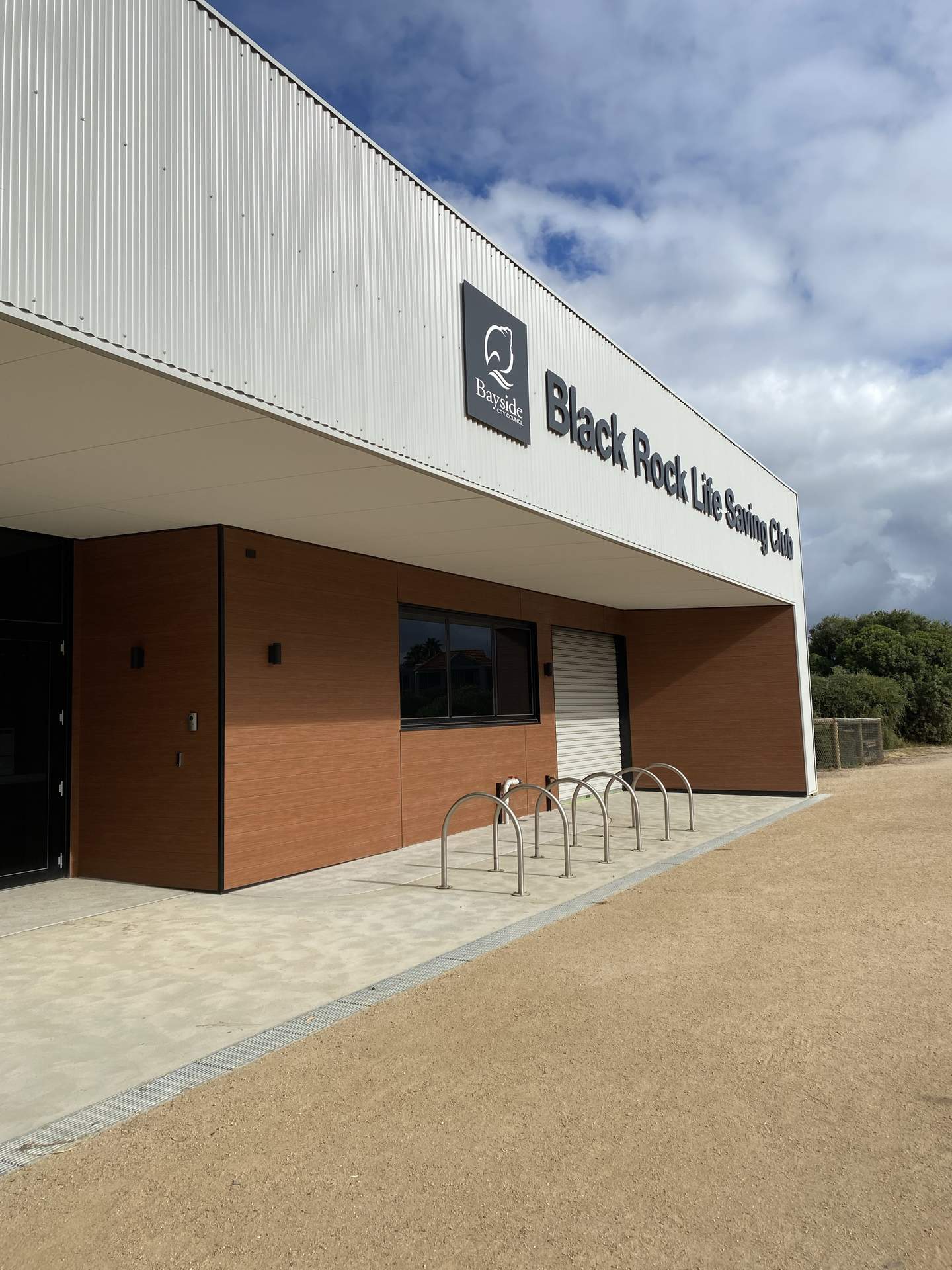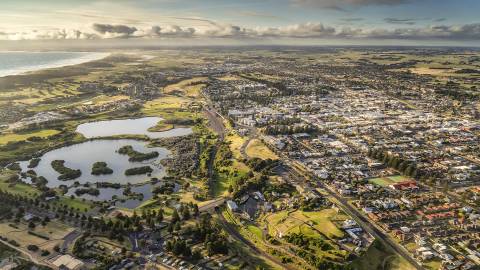The Bureau of Meteorology is predicting heatwave temperatures for much of NSW over the coming days.
The Northern Tablelands, Central West Slopes & Plains, Lower Western and Upper Western Districts are expected to experience above average maximum temperatures, predicted to reach the high thirties to low forties.
For updated weather forecasts and warnings visit: www.bom.gov.au.
The following message details important whole-of-government information for the people of NSW.
Rural Fire Service:
The NSW Rural Fire Service (NSW RFS) is urging those that live or are visiting bush fire prone areas to know the Fire Danger Rating and have a plan of action in the event a bush or grass fire threatens.
• There’s a heightened risk. Be alert for fires in your area.
• Review and discuss your bush fire survival plan and know what you will do if fire threatens.
• If a fire starts, your life and property may be at risk. The safest option is to avoid bush fire risk areas.
• Report all unattended fires to Triple Zero (000) immediately.
• Stay up to date on bush fires in your area by checking Hazards Near Me app, the RFS website www.rfs.nsw.gov.au, listening to your local radio station, or by calling the RFS Bush Fire Information Line on 1800 679 737.
• If your life is at risk, call Triple Zero (000).
NSW Health
Heatwaves can be dangerous for everyone’s health, but some people are more vulnerable including people over 65 years old, babies and young children, people with certain medical conditions, people who work outside, pregnant women, people who live alone or are socially isolated and people who are homeless.
There are a few simple things you can do to stay safe in a heatwave:
Avoid being outdoors in the hottest part of the day.
Keep your home cooler by using air-conditioning or electric fans and closing doors, windows, blinds, and curtains.
Limit your physical activity to early in the morning when it’s coolest.
Stay hydrated by drinking water regularly. If your doctor has restricted your fluid intake, ask them about how much you should drink when it is hot.
When outdoors, apply sunscreen and wear sunglasses and a wide brim hat to protect your eyes, face, and scalp
Seek out cool places or air-conditioned public facilities in your local area, if you can safely travel without getting too hot
It is also important to recognise the signs of heat-related illness.
Heat exhaustion is serious heat related illness and is your body’s response to a loss of water and salt in hot weather, usually through excessive sweating or excessive physical activity. Symptoms include pale skin, headache, nausea or vomiting, dizziness, fainting, weakness, irritability, thirst, heavy sweating, muscle cramps, decreased urine output. If you experience these symptoms and they do not improve, seek medical care. Call your doctor or healthdirect on 1800 022 222. If symptoms are worsening and you are concerned about heat stroke, immediately call triple zero (000).
Heat stroke is the most severe heat-related illness. In extreme heat, your body’s ability to cool itself down can fail, causing your body temperature to increase to a dangerous level. If left untreated, this can result in permanent disability or death. Heat stroke requires immediate medical emergency care. Symptoms include confusion, slurred speech, agitation and altered mental state, profuse sweating or hot, dry skin, muscle twitching or seizures, rapid breathing, a quick strong pulse or very high body temperature. Heat stroke is extremely dangerous and can quickly threaten life. If you are concerned about heat stroke, immediately call triple zero (000).
Visit https://www.health.nsw.gov.au/beattheheat for information on how to stay safe during a heatwave.
Bushfire smoke
With heat comes the risk of bushfires and poor air quality due to bushfire smoke.
Bushfire smoke can affect your health. It can also make some people’s existing health conditions worse.
Learn more about protecting yourself and your family from bushfire smoke.
People in areas impacted by bushfire smoke are encouraged to check the air quality where they live and to follow associated health advice when planning their daily activities.
If you live in an area where a bushfire is possible, check and follow any emergency warnings associated with threats from bushfires. Prepare now for your health and the health of those around you this bushfire season.
NSW Ambulance:
NSW Ambulance urge people in fire affected areas to wear any form of eyewear and loose clothing to cover your skin to assist in reducing any incidental injury.
If you sustain an injury or illness from heat or fire or if there is an emergency, call Triple Zero (000).
Fire and Rescue NSW
If you see an unattended fire, please call Triple Zero (000) immediately.
Prepare your home for dangerous fire weather, clean out your gutters and remove piles of rubbish, weeds and leaf matter.
If you have a pool, tank or dam, put a Static Water Supply (SWS) sign on your property entrance so that our firefighters and the NSW Rural Fire Service (RFS) can easily identify water supplies.
If you are in a bushfire-affected area, please enact your Bush Fire Survival Plan.
NSW Police Force
With high temperatures expected across the state; we are asking commuters to keep their cool. Traffic delays and the heat generally has the potential to frustrate drivers with slower conditions on the road; so please be patient.
We know many people will want to head to the beach, a local swimming hole or swim in your backyard pool. Please be careful. Keep a watchful eye over children especially when they are near the water – all children need to be supervised.
Anyone who sees suspicious or illegal behaviour should to contact Crime Stoppers on 1800 333 000 or https://nsw.crimestoppers.com.au. Information is treated in strict confidence.
The best advice is if you don’t need to be out – stay at home.
Above all, look after yourself and those around you. If you need assistance call Triple Zero (000).
Anyone with information about criminal activity is urged to contact Crime Stoppers: 1800 333 000 or https://nsw.crimestoppers.com.au. Information is treated in strict confidence. The public is reminded not to report information via NSW Police social media pages.







